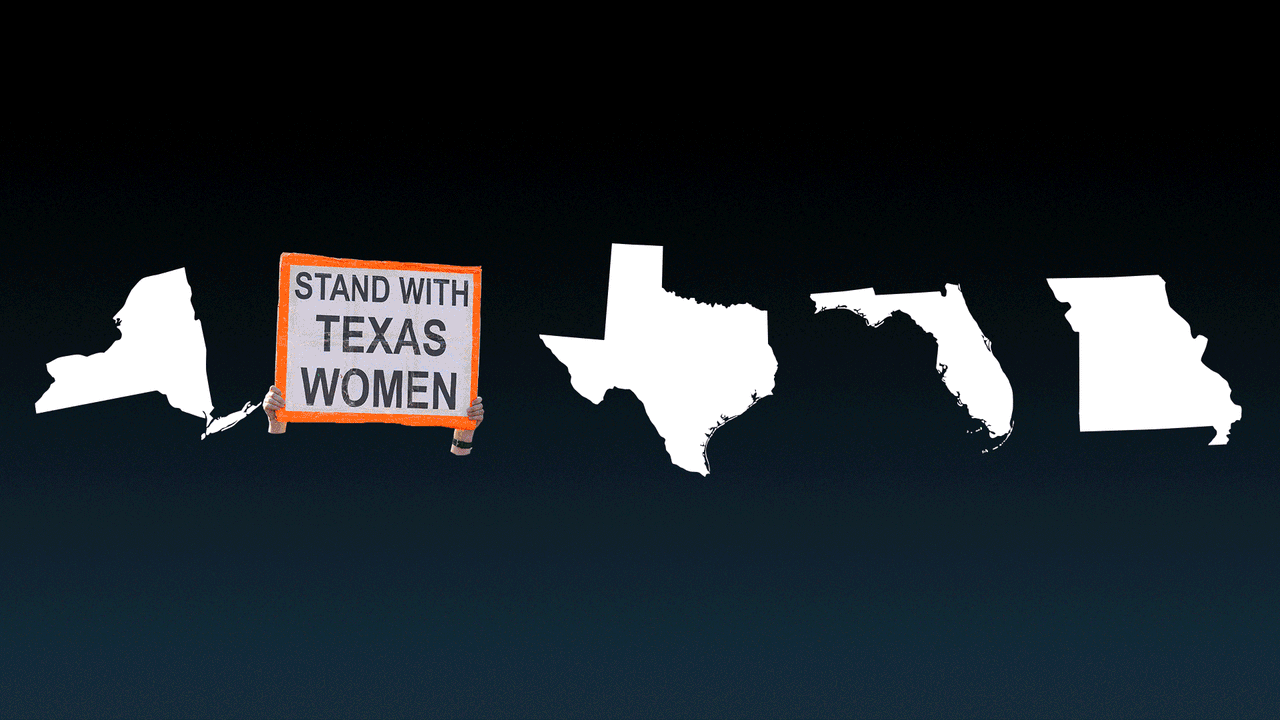The second, Nebraska Initiative 439, would also amend the state’s Constitution but would restore reproductive rights further into pregnancy. It states that pregnant people would have a “fundamental right to abortion” up until the time of viability, or when the life or health of the patient is at risk. If you’re wondering what happens if voters vote yes on both measures, the one with the most votes overall will win.
New York: Proposal 1
New York voters chose to enshrine abortion rights into law as part of a larger measure to ensure women and other groups will be treated fairly.
New Yorkers voted yes on Proposal 1, or the state’s Equal Rights Amendment, which amends the state Constitution to add several protected classes to the clause that now protects against discrimination based “on race, color, creed, or religion.” The new version bans discrimination based on “ethnicity, national origin, age, disability, sex, including sexual orientation, gender identity, gender expression, pregnancy, and pregnancy outcomes, and reproductive healthcare and autonomy.” Enshrining these protections into law will protect reproductive freedom in the state, which currently allows for abortions up to 24 weeks, and at any time if your health or pregnancy is at risk.
It’s an interesting approach to enshrining abortion rights into law, especially because the amendment doesn’t use the word “abortion.” Proponents say that wording the law in this way is meant to be a protection against any sort of federal anti-abortion law that could hypothetically arise, according to The City.
Nevada: Question 6
In Nevada, voters will get a chance to amend their state’s Constitution to protect reproductive rights under slightly different wording.
In its ballot measure, the right to abortion care up to fetal viability is referred to as an “individual’s fundamental right,” one which the measure says will allow “an individual to make their own decision.” It also would allow an individual to get an abortion to protect their own health or life.
Nevada abortion law hasn’t changed since Roe was overturned and is currently allowed up to fetal viability, which it defines as 24 weeks. Similar to some of the other measures, this would fortify current law rather than create anything new.
South Dakota: Constitutional Amendment G
In South Dakota, abortion is currently banned with very limited exceptions, and if medical professionals are charged with unlawfully performing the procedure, they could face the risk of being charged with a felony. But now, voters have the chance to change that.
Read the full article here








